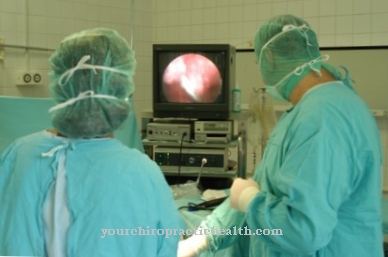For many people it happens every now and then that Blood on the anus leaves traces on toilet paper after defecation. Sometimes this is accompanied by uncomfortable pain. There are several causes for these symptoms.
What is blood on the anus?

During or after a bowel movement, blood in the anus is a widespread but taboo phenomenon with increasing age. The rectal lining of the anus is surrounded by an annular network of blood vessels. This vascular cushion ensures that the closure of the anus works.
Without this vascular cushion, fecal continence (opposite: fecal incontinence) would not be possible. If changes in the blood vessels occur in the anal area, such as enlargement or displacement of the blood vessels, these are also commonly referred to as hemorrhoids or hemorrhoids. The term hemorrhoids is derived from the two ancient Greek words for blood “haima” and for flow “rhine”.
Depending on the severity of the hemorrhoidal disease, one speaks of hemorrhoids of the first, second, third or fourth degree. Blood in the anus can also have other causes. For example, it can also originate from thrombosis or varicose veins in the area of the anus.
causes
The causes of blood in the anus can be many. The most common cause is hemorrhoids. This changes the muscular structure and elasticity in the anal area, so that blood vessels move towards the anus.
This is often accompanied by an enlargement of the vessels. When defecating, damage to the vessel walls occurs or circulatory disorders occur. The bleeding that occurs during bowel movements is the result of mechanical stress and is of arterial origin.
This blood is therefore very bright. In other conditions that result in blood in the anus, the blood can be of venous origin. This blood is noticeably darker. Causes of the development of hemorrhoids and the associated symptoms are, for example, an improper diet, which leads to a stool that is too hard. However, it can also be that pressing too hard during bowel movements or a familial disposition trigger the aforementioned problems.
You can find your medication here
➔ Medicines for digestive problemsDiseases with this symptom
- Anal prolapse
- Anal eczema
- Rectal cancer
- hemorrhoids
- Vein weakness
- Crohn's disease
- Intestinal polyps
- Anal cancer
- thrombosis
- Phlebitis
- Ulcerative colitis
- Anal fissure
- Anal fistula
- Fecal incontinence
- Circulatory disorders
Diagnosis & course
Blood in the anus shows up either as bloody marks on the toilet paper after a bowel movement or as blood marks on the stool itself. Light blood comes from the arteries leading away from the heart.
Dark blood indicates a venous origin. The blood flows here to the heart. Bleeding in hemorrhoidal disorders is always accompanied by light-colored blood. In the case of anal thrombosis, for example, the blood is darker. The symptoms of anal disorders are in many cases similar. The following symptoms can occur: blood in the anus, anal oozing, severe itching and stool smear.
In some cases, there is also unpleasant pain during and after a bowel movement. First-degree hemorrhoids can hardly be seen from the outside. With second-degree hemorrhoids, knots are externally visible when pressed. Third- and fourth-degree symptoms are present when the nodes no longer retract independently.
Complications
Blood in the anus is usually the result of diverticula (pouches) and usually does not result in long-term complications. However, depending on the underlying disease, blood from the intestine can also lead to complications and promote secondary diseases in the intestinal area. If the blood in the anus is based on rectal cancer, for example, it inevitably leads to further excretions and sometimes severe pain in the abdomen. Further complications are physical discomfort, the spread of pathogens and, as a result, inflammation, anal tears or hemorrhoids.
If the source of bleeding is in the small intestine, blood in the anus is the first sign of further intestinal bleeding and other complications. Here, too, the actual bleeding mainly triggers complications such as anal fistulas, anal abscesses or tumors, which sometimes have a drastic effect on physical well-being.
Early treatment of blood in the anus is therefore recommended. If the cause is not recognized and recognized early, the probability of far-reaching complications and the complaints mentioned is high. Blood in the anus caused by the diverticula mentioned at the beginning is usually harmless. The symptoms can lead to similar complications as injuries to the intestines and anus, but have a natural cause. Nevertheless, if there is blood in the anus, a doctor should always be consulted in order to rule out serious diseases of the gastrointestinal tract.
When should you go to the doctor?
So that the anus closes properly, there is a ring-shaped network full of blood vessels at its exit like a padded cuff. This vascular cushion prevents fecal incontinence very effectively, but is also very sensitive to injuries. Stool that is too hard can result in blood in the anus from an injury.
One of the causes of this is often the associated strong pressing when emptying the bowel. Another cause of blood in the anus is hemorrhoids, which form from enlarged or dislocated blood vessels in the anal area and in which damage to the blood vessel wall leads to blood in the anus. Hemorrhoids are to be differentiated from common varicose veins in the anus area. In addition to these causes, blood in the anus can also be a symptom of an anal fistula or anal cancer.
If blood is discovered in the anus that cannot be clearly attributed to hardened stool or other mechanical influences, a doctor should be consulted immediately. The first address here is best the family doctor. In addition to his thorough anamnesis, the color of the blood in the anus also gives him clues as to the reason for the blood in the anus symptom: light arterial blood or dark venous blood.
General practitioners, proctologists, dermatologists, gynecologists, urologists and possibly surgeons can be considered as specialists for blood in the anus.
Doctors & therapists in your area
Treatment & Therapy
Treatment for blood in the anus depends on the cause. Since the cause can also be life-threatening diseases such as colon cancer, an appropriate medical examination must be carried out.
Colon cancer screening provides clarity here. General practitioners (general practitioners), surgeons, dermatologists (dermatologists), gynecologists, urologists or proctologists are suitable for a corresponding consultation. Proctologists are specialists in diagnoses and treatments in the rectum area. Medicines offered for the treatment of hemorrhoidal disorders primarily relieve symptoms such as burning, pain, or itching. However, this type of treatment does not have a causal curative effect.
Some drugs for internal use contain natural substances, so-called flavonoids. Ointments, creams and suppositories are intended to relieve the symptoms of acute complaints through topical local application. In the case of first and second degree hemorrhoid disease, outpatient interventions by a doctor are usually sufficient. The first-degree nodes are held in place with a proctoscope and made to shrink and die by injecting an appropriate substance.
This treatment is repeated approximately every four to six weeks and is relatively painless and uncomplicated. Another method is rubber band ligation, in which the second-degree nodes are covered with a rubber band and then die off. In the case of more serious clinical pictures, surgical measures are necessary in which the patient to be treated has to be admitted to a hospital for a few days.
Outlook & forecast
Patients with blood in the anus usually experience pain when defecating. These can be relatively uncomfortable and limit the person's everyday life. The pain also means that less food is consumed. In most cases, a disease in the intestines or stomach leads to blood in the anus. In rare cases, cancer education can also be responsible for the symptom. For this reason, a doctor should be consulted with this symptom, as the blood in the anus cannot be treated by self-help.
In many cases, ointments and suppositories are used that are inserted into the anus and can treat the symptom in the process. If the treatment is successful, the symptom usually disappears after a few days and does not lead to any further problems.
With severe inflammation, surgical interventions are used to find and remove the cause of the blood on the anus. After the operation, the patient suffers from the surgical pain for a short time, but it disappears on its own.
You can find your medication here
➔ Medicines for digestive problemsprevention
In order to prevent the disease from progressing or to prevent it from occurring, a high fiber diet and adequate hydration are very important. This gives the chair more volume and is softer. The bowel evacuation should take place without strong pressure if possible. Constipation encourages hemorrhoids to form. Sufficient exercise increases bowel activity in a completely natural way.
You can do that yourself
Since problems in the digestive tract often reflect a very unhealthy diet, there are many ways to counteract them. If there is bleeding from the anus, it is advisable to check your eating habits first. If the stool is too hard in addition to the bleeding, it is very likely that there is an insufficient intake of fiber and water. So try to get your problems under control first through a balanced diet.
Eat a lot of fruits and vegetables and check how the change in diet affects the symptoms. Organic natural yoghurts are also recommended for cleaning up the intestinal flora. On the other hand, avoid foods with a high sugar content, as these are only beneficial for an existing bad intestinal flora. If these measures ensure a softer stool and thus less blood in the anus, the goal has already been achieved by changing your diet yourself. If this is not the case, there are other products that can help you with digestion: A spoonful of psyllium dissolved in water, apple spritzer or another drink has a very positive effect on bowel movements. A glass of concentrated plum juice can also stimulate digestion (please check with plum juice how much you can tolerate). Medicines such as Symbioflor or similar preparations can also help.
However, if it is serious and profuse bleeding from the anus, a visit to the proctologist or gastroenterologist is essential. This can be a rupture of the anus or similar injuries that cannot be dealt with simply by changing one's diet.



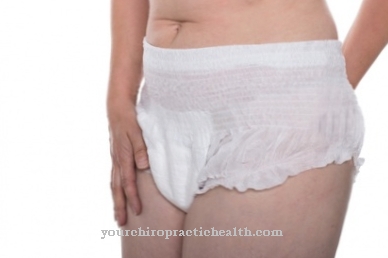

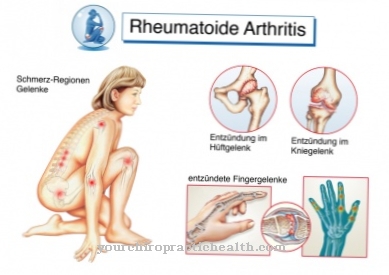




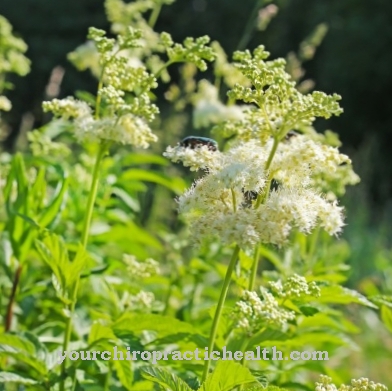

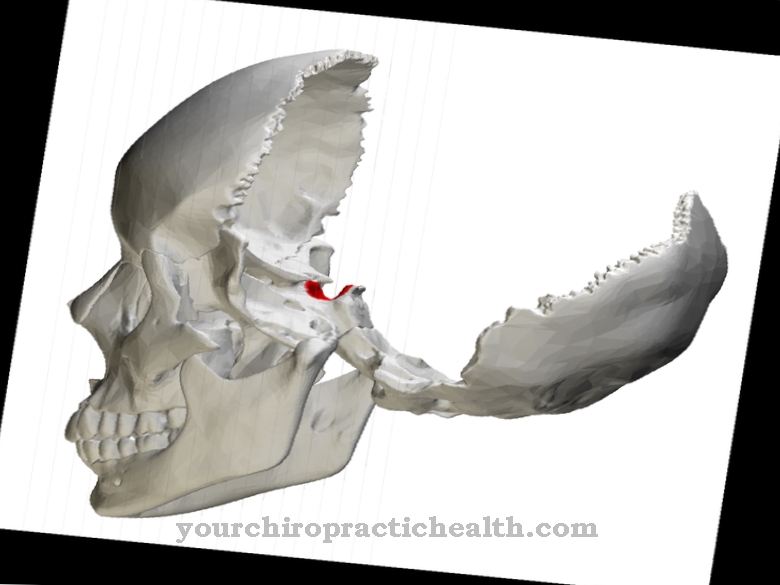
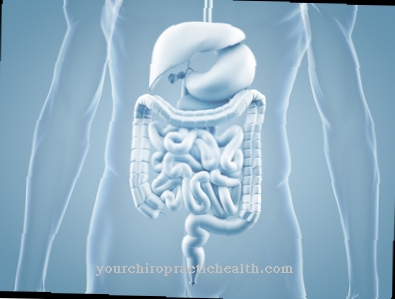

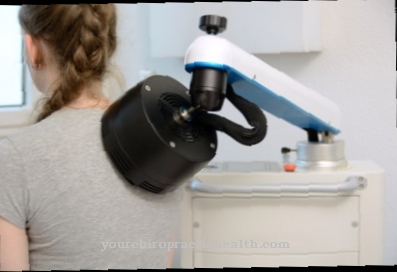
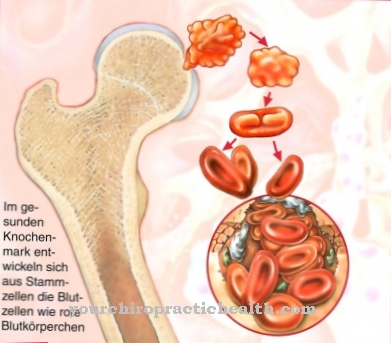


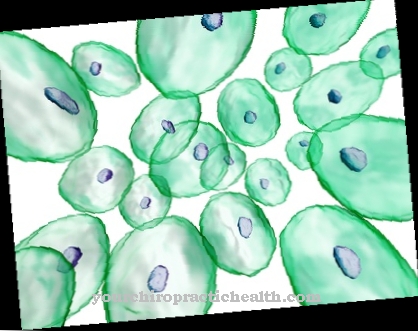
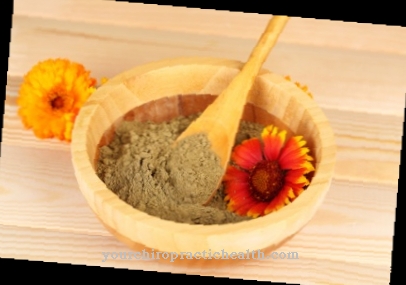
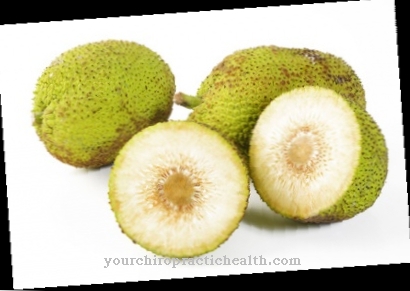

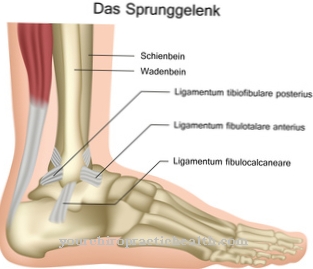

.jpg)

.jpg)
